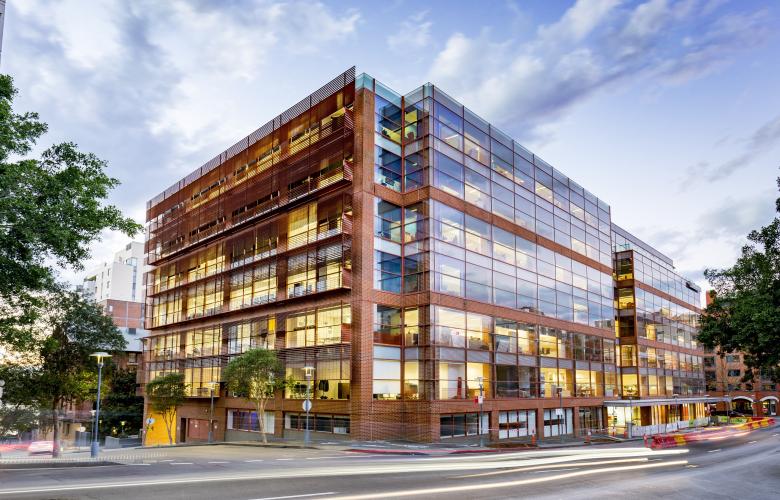JLL Office Market Report Reveals Decline in Office Space Sales
Contact
JLL Office Market Report Reveals Decline in Office Space Sales
JLL's inaugural Australian Metropolitan Office Market Investment Review & Outlook has found that national office space sales reached $4.67 billion in 2018, in comparison with $6.29 billion in 2017.
Investment in city fringe and suburban office spaces fell by more than $1.5 billion last year, according to a new report.
A JLL report revealed that combined sales totalled $4.67 billion last year, after 2017 saw total sales of $6.29 billion.
The nation’s most active markets were Sydney and Melbourne, with $2.45 billion and $1.211 billion in sales respectively.
Brisbane came in next with a sales total of $842.1 million, while Perth and Canberra saw $136.4 million and $35.4 million in sales respectively.
Adelaide came in sixth place in the latest figures, with $30.6 million in office space sales.
JLL’s Head of Metropolitan Investments in Australia Marty Janes said: “The reduction in transaction volumes was not a symptom of reduced investor demand, but related to a shortage of available product.
“The composition of investors within metropolitan office markets is also starting to evolve.
“As a result of demographic, structural and economic considerations, the viability of large-scale commercial office developments has led to institutional investment and a more diverse range of capital sources.”
JLL’s Head of Research in Australia Andrew Ballantyne said there were some positive figures for some capital cities, despite the decrease in figures.
“These markets offer a diverse range of product and we see strong activity from private investors across metropolitan office markets as they understand the idiosyncrasies associated with each individual sub-market,” he said.
“Metropolitan markets across Sydney and Melbourne are seeing strong leasing activity and above-trend rental growth.
At a glance:
- A JLL report revealed that combined sales totalled $4.67 billion last year,
- Sydney saw the most sales with $2.45 billion, followed by Melbourne with $1.211 billion.
- The combined figure is well below the 2017 figure of $6.29 billion.
“The Brisbane, Perth, Adelaide, and Canberra metropolitan office markets, having experienced challenging conditions in recent times, are showing tangible signs of recovery.”
“Prime and secondary vacancy rates are widening, and the opportunity for core and opportunistic capital is becoming more defined.”
Institutions accounted for 46 per cent of purchases in micro-markets, traditionally dominated by private capital, in 2018.
Institutional interest was partly because of an increased acceptance of these markets as viable alternative office accommodation driven by transport projects such as the Melbourne Metro, Sydney Metro and Brisbane’s Cross River Rail, all poised to improve connectivity and amenity.
Mr Janes said: “In some states, institutional investors are starting to identify larger-scale opportunities outside of the CBD and will deploy significant capital into assets where they can generate strong risk-adjusted returns.
“However, boutique fund managers have identified unsatisfied demand in this market and have an opportunity to invest in volume rather than one large-scale project.
“Existing private investors and high-net-worth individuals will have the opportunity to crystallise significant capital gains and will continue to seek out value-add and smaller-scale opportunities for repositioning.”
Click here to view the full report.
Read more:
National restaurant chain opens first Gold Coast store
Historical Haymarket landmark tipped to spark offshore interest







